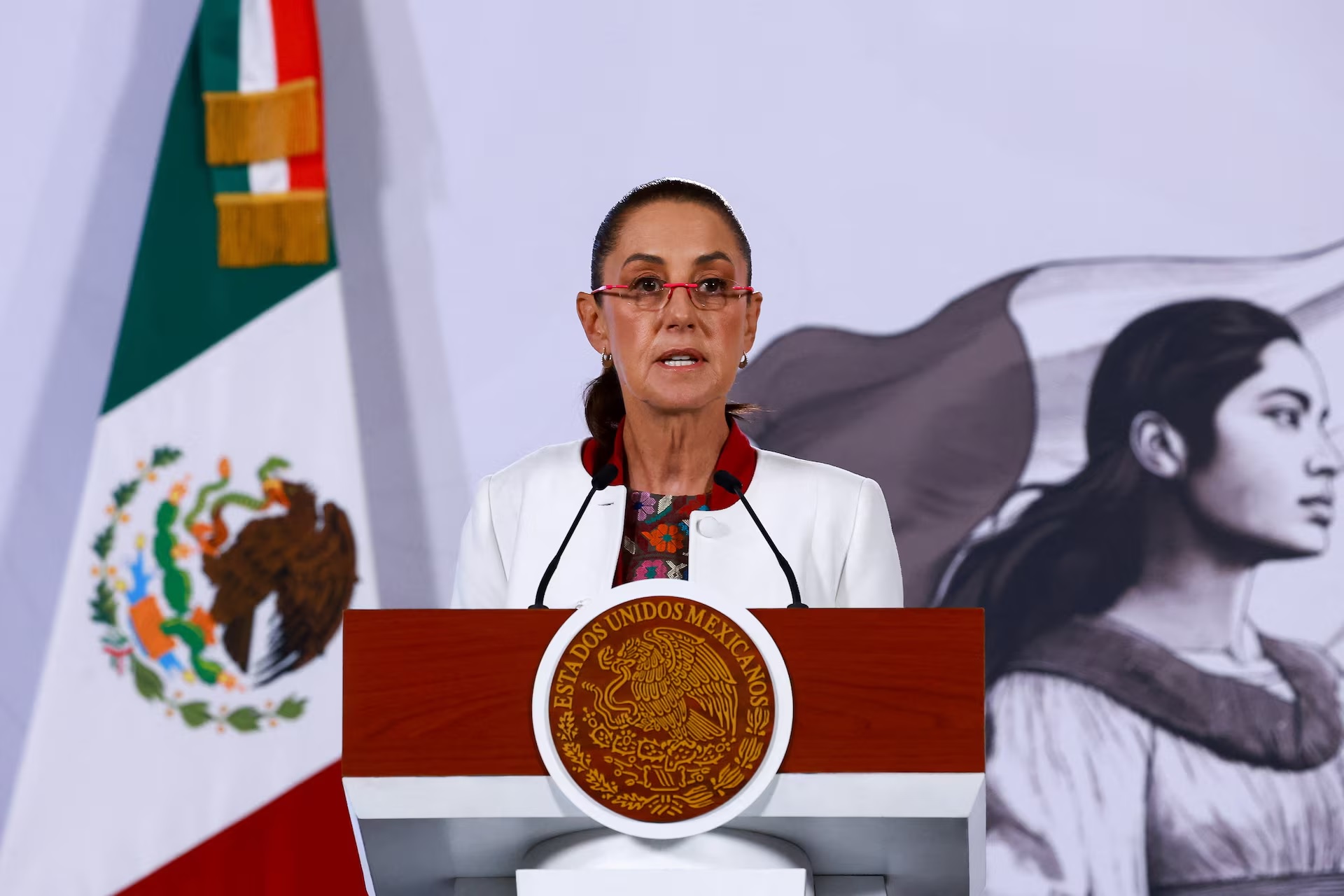Iraq Restarts Kurdish Oil Exports to Turkey After 2.5-Year Halt

Pipeline restart and first cargo timelines
Iraq has resumed crude exports from the Kurdistan region through Turkey’s Ceyhan terminal after a 2.5-year suspension, clearing a major bottleneck for global oil flows. Officials said initial volumes would be modest as operators test the Kirkuk–Ceyhan pipeline, verify metering, and coordinate loading windows with Turkish authorities. Market watchers expect a phased ramp-up as contracts are reactivated and field-level production is brought back online. Baghdad and Erbil moved in recent months to resolve revenue-sharing rules and auditing requirements, addressing disputes that had paralyzed shipments since a legal clash and infrastructure issues halted flows. Producers are prioritizing maintenance checks, corrosion assessments, and pressure tests to avoid early outages. Traders said the first export nominations could be allocated to long-standing offtakers under previously agreed quality differentials, with storage at Ceyhan allowing flexible blending strategies to meet buyer specs. The restart narrows a supply gap that had pushed some refiners to seek alternative grades, particularly medium-sour barrels, and could trim freight costs by restoring predictable loadings from the Eastern Mediterranean.
Pricing dynamics and regional implications
Analysts say the return of Kurdish volumes will likely feed into fourth-quarter pricing negotiations, potentially easing premiums in the Mediterranean and Europe if sustained. Still, questions remain over month-to-month stability, including maintenance on the Turkish side, security along pipeline segments, and adherence to the new Baghdad–Erbil revenue framework. For Iraq, consistent exports bolster federal budget planning and signal to investors that upstream projects can advance with fewer political interruptions. For Turkey, transit fees revive a steady revenue stream and reinforce Ceyhan’s role as a regional hub. European refiners that had diversified toward U.S. and Caspian grades may recalibrate slates to capture any discount that emerges as Kurdish cargoes accumulate. If volumes return near pre-halt levels, the shift could ripple into Urals and CPC pricing relationships as traders rebalance supply across Basins. Energy economists caution that early weeks are pivotal: smooth customs processing, transparent metering, and regular loading schedules will determine whether confidence returns to the route, or whether buyers treat the restart as fragile and price in a risk premium.





















